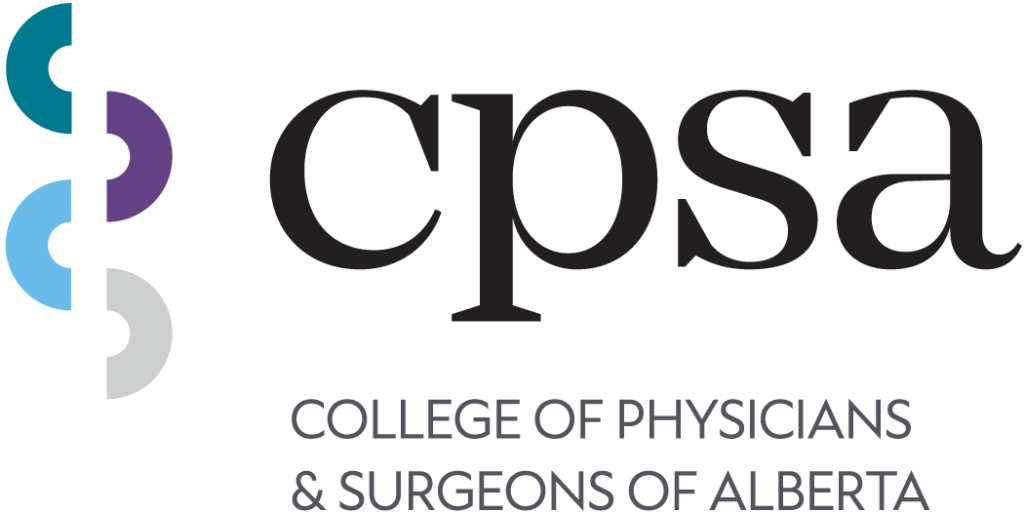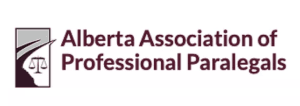In honour of Father’s Day, today’s blog post will look at difficult conversations and how to have them with your teen.
Difficult conversations are those during which needs, wants, opinions or perceptions of those involved may be diverse and emotions often run high. These types of conversations can lead to conflict and escalation if not handled well. Teens and parents can be confronted with many difficult conversations on topics such as sex, bullying, drug and alcohol, dating, peer pressure and many others. Even less consequential issues, such as homework, chores or screen time, can provide important opportunities for parents and teens to engage in difficult conversations with positive outcomes. If approached from an open and honest perspective, such conversations can be a source of relationship and trust building, while also keeping lines of communication open.
The Set Up
Think about your own feelings on the topic and what message you would like to convey
What are your non-negotiables? What can you be flexible about?
Is there anything about this topic that you find triggering?
Timing
Think about the time of day or week that your child may be more likely to be open to a conversation. For example, if your teen often sleeps in on the weekend, an 8:00am talk may not be the best option. Try to have a dedicated time to talk, rather than last minute or during another activity and if possible, try to anticipate and talk with your teen before it has escalated into a conflict.
Find the Right Environment
When having difficult conversations, you will want to make sure you pick a private location, hopefully without other family members or friends present. It is also useful to think about how and where does your teen feel comfortable communicating. In the car? During a walk?
During the Conversation
Address the Awkward
Acknowledge that this may be a difficult or awkward conversation.
Start with a Positive
If there is anything within the topic that your teen does well, or that you appreciate, it is good to start off on a positive note.
Listen First
As much as possible, prioritize listening to your teen to get an idea of what they think about the topic and where your viewpoint may align.
Ask Questions
Use open questions to encourage discussion and exploration. Closed questions tend to elicit a yes or no response. Use closed questions only when confirming understanding, to avoid shutting down the conversation.
Example:
Closed: Are you upset about ‘x’?
Open: How do you feel about ‘x’?
Try to avoid questions that start with ‘why’. Why can be interpreted as accusatory.
Example:
Why did you take the car without asking?
Could you tell me what you were thinking about when you took out the car without letting me know?
Validate Feelings
Acknowledge and validate the feelings of your teen. This can help to make them feel like they are being seen and heard.
Be Collaborative Where Possible
Where possible, collaborate with your teen on how to solve the problem. Respect that your teen has their own viewpoint and understanding of situations hat may be different from your own. Be sure to ask what they think and if they have any suggestions on how you can solve the problem together. Often times, any decisions that you reach collaboratively will be more likely to be lasting.
Concluding the Conversation
Summarize anything you’ve agreed to
Make sure as you complete your conversation that you’re moving forward on the same page. If there is anything still not clear, go back and discuss.
Thank your teen for talking with you, acknowledge their effort
Celebrate!
After you’ve done the hard work, celebrate with your teen by doing or planning something you both enjoy – perhaps pizza or a movie night.

 Listen, Learn, Support & Engage: Indigenous History Month
Listen, Learn, Support & Engage: Indigenous History Month







